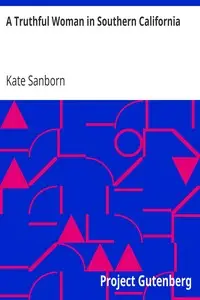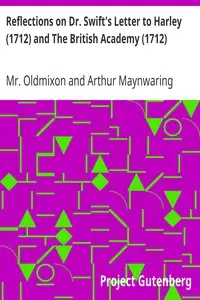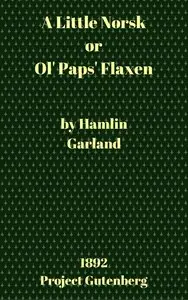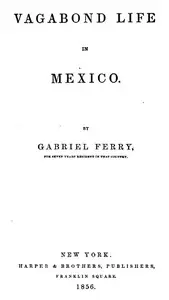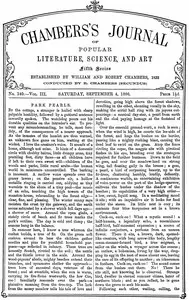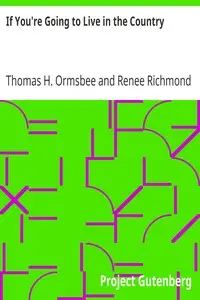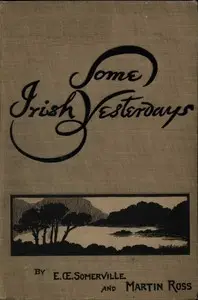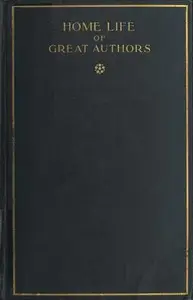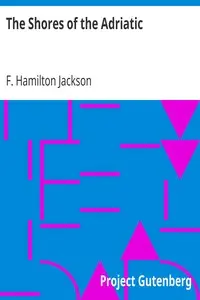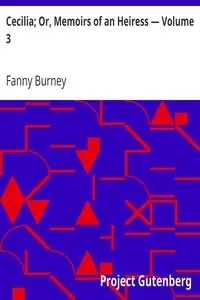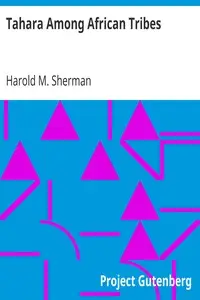"Peach Blossom Shangri-la: Tao Hua Yuan Ji" by Tao Yuan Ming is a notable classic of Chinese literature, categorized as a narrative prose written during the early 5th century AD. This timeless tale delves into themes of escapism and the search for an idyllic utopia, reflecting on the contrast between the chaotic outside world and the serene haven found within the peach blossom grove. The story follows a humble fisherman who, while venturing along a stream, stumbles upon a hidden paradise filled with beautiful peach trees and welcoming villagers who have lived in isolation since the tumult of the Qin Dynasty. The villagers, untouched by the outside world's chaos, express their blissful ignorance of contemporary dynasties, fostering a profound connection with the fisherman. After spending a few days in this utopia, he leaves, eager to share this paradise with others, but upon returning to the prefecture, his attempts to re-find the place are futile, as no one is able to trace his path. Ultimately, this tale embodies a longing for peace and contentment away from the complexities of life and explores the ephemeral nature of such escapes. (This is an automatically generated summary.)
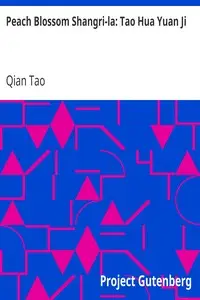
Peach Blossom Shangri-la: Tao Hua Yuan Ji
By Qian Tao
"Peach Blossom Shangri-la: Tao Hua Yuan Ji" by Tao Yuan Ming is a notable classic of Chinese literature, categorized as a narrative prose written duri...
Tao Yuanming, also known as Tao Qian, was a Chinese poet and politician who was one of the best-known poets during the Six Dynasties period. He was born during the Eastern Jin dynasty (317–420) and died during the Liu Song (420–479) dynasty. Tao Yuanming spent much of his life in reclusion, living in the countryside, farming, reading, drinking wine, receiving the occasional guest, and writing poems in which he often reflected on the pleasures and difficulties of life, as well as his decision to withdraw from civil service. Tao's simple and direct style was somewhat at odds with the norms for literary writing in his time. In the Tang dynasty (618–907), he was well known as a recluse. During the Northern Song dynasty (960–1127), influential literati figures such as Su Shi (1037–1101) declared him a paragon of authenticity and spontaneity in poetry, predicting that Tao Yuanming would achieve lasting literary fame. However, Tao Yuanming's inclusion in the 6th century literary anthology Wen Xuan argues for at least a beginning of fame in his own era, at least in his own birth area. Tao Yuanming would later be regarded as the foremost representative of what we now know as Fields and Gardens poetry. Tao Yuanming found inspiration in the beauty and serenity of the natural world close at hand. Tao Yuanming is depicted in the Wu Shuang Pu by Jin Guliang.


